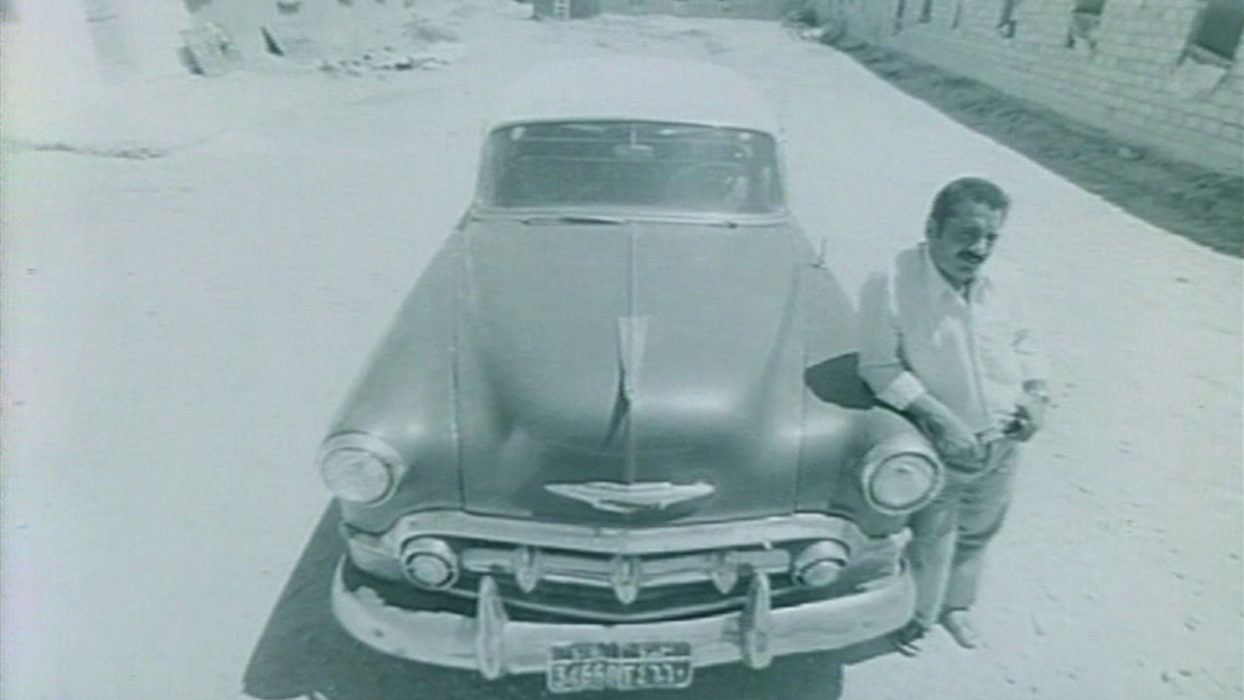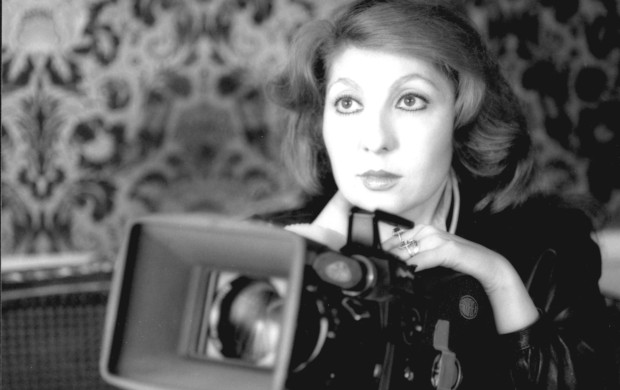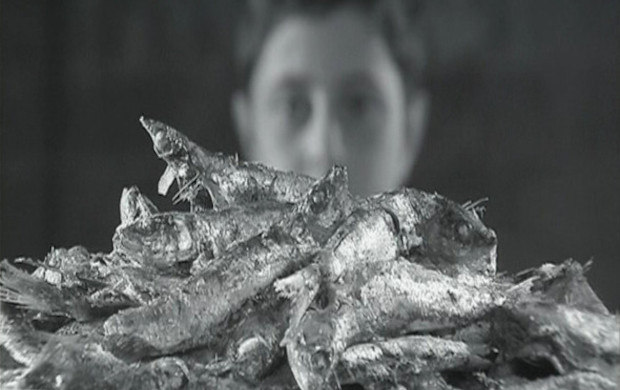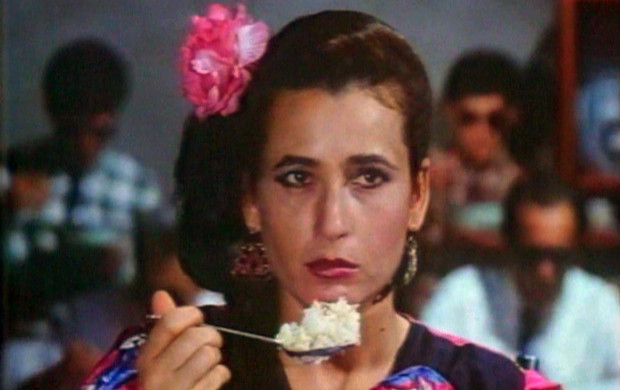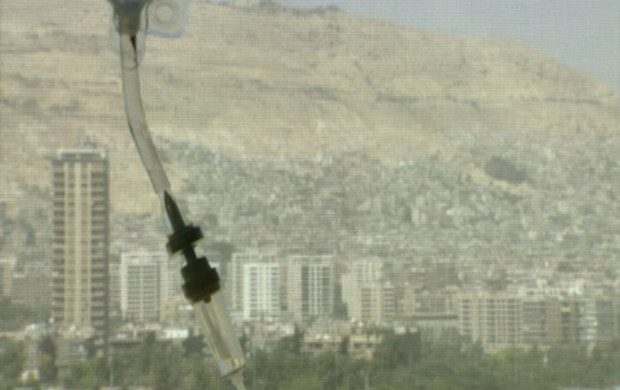Al Dajaj
The Chickens
- 1977
- Syria
- 40 minutes
- Arabic
“The Syrian state had encouraged the inhabitants of the pilot-village of Sada to drop their traditional means of living and launch wholeheartedly into hen-farming and egg production. At first, the business boomed, but then depression set in. The films ends on a shot of an immense but empty hen house. What makes The Hens an excellent film and confirms the talent of its director, Omar Amiralay, is that it can be read, as is said, both “literally and from all angles”. The film is neither a subversive riddle, nor a film à clef (both naive ways of trying to outwit the censors), but rather an extremely clever overlapping of different levels of understanding, all of which are obvious. It is this excessive legibility, this overload of meaning, that is ultimately disturbing–as in the work of filmmakers such as Ferreri or Buñuel. On the one hand, the film is a “true” documentary that seriously recounts (backed by figures and interviews) something that really happened. On the other hand, it takes sides (and the only too aware audience has a hearty laugh), not only because of the choice of wide-angle shots, but also because this hen farm, which has become teratological and unfilmable, is selfddenouncing. As always, the ruse is to take the commission at its face value. The film also has an obviously mythical dimension: the myths of human becoming animal, of quantity becoming quality. Yet, at what point does this ever-multiplying mass of poultry create a sense of uneasiness or laughter, rather than signifying success? What enables these three levels of reading (documentary, satirical and mythical) to be overlapped is the film’s highly paradoxical time, the faked time for presenting facts. Something between the pluperfect and the future past, an oscillation between a feeling of being presented with a fait accompli and that of witnessing a future delirium. A present illusion gives up its place to a logical time, in which men and hens have formed/would form an unlikely rhizome.» Serge Daney, Les Journées de Damas, Cahiers du Cinéma, n° 290-291, 1978 “The ideological sides to the film were carried out in the choice of lenses and camera angles, sound effects and music; I absolutely wanted the shots of the farmers to be included in the first two sections (farming/crafts), these were peaceful shots. As soon as I got to the third section (the hens), I changed lenses, in the double sense of the term, and I used a wide angle. As a result I anamorphosed the subject… My interviewees were five centimetres from the camera.” O.A.
- Production : Télévision Syrienne
- Editing : Antoinette Azarié
- Photography : Hazem Baya'a
